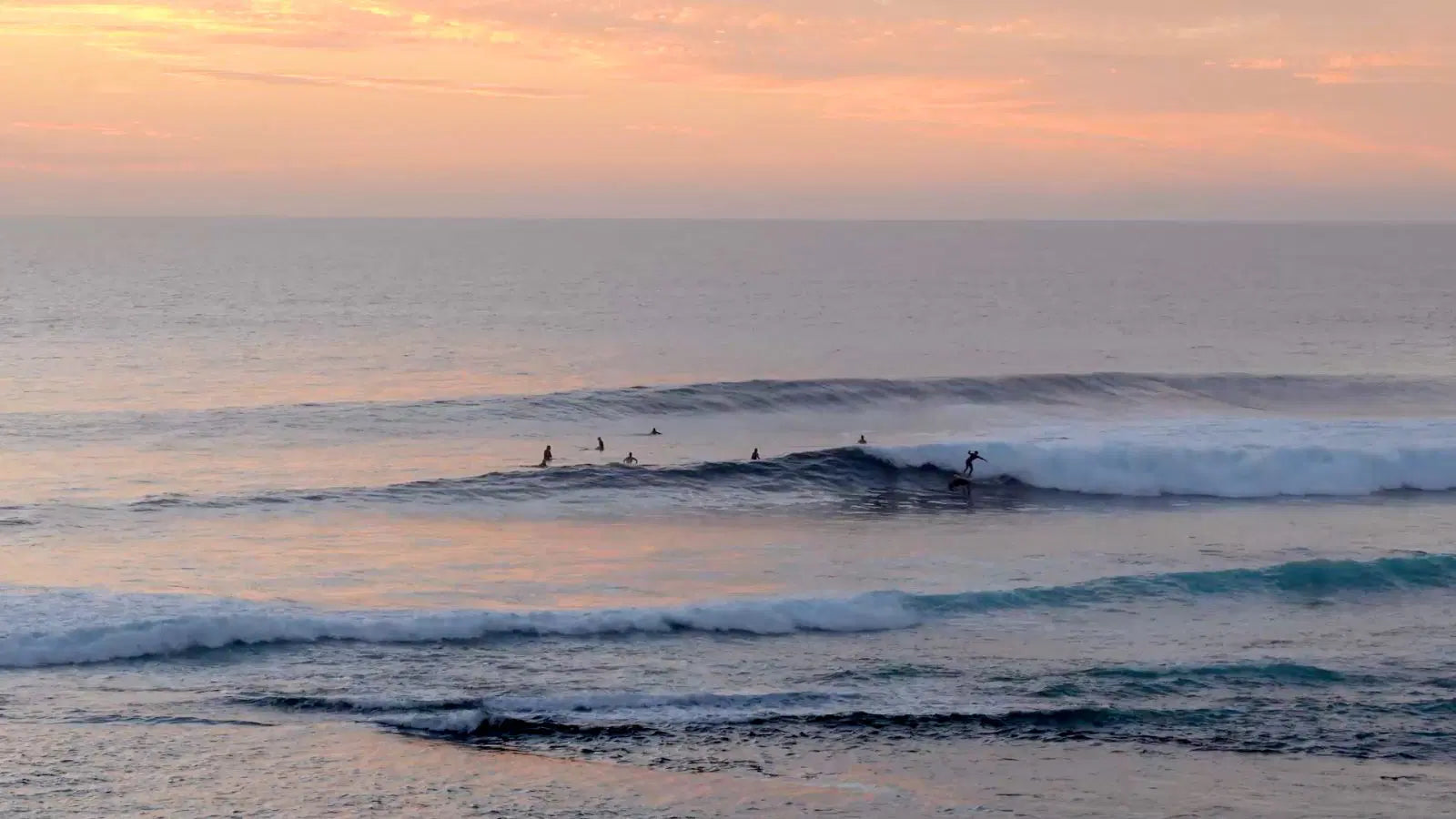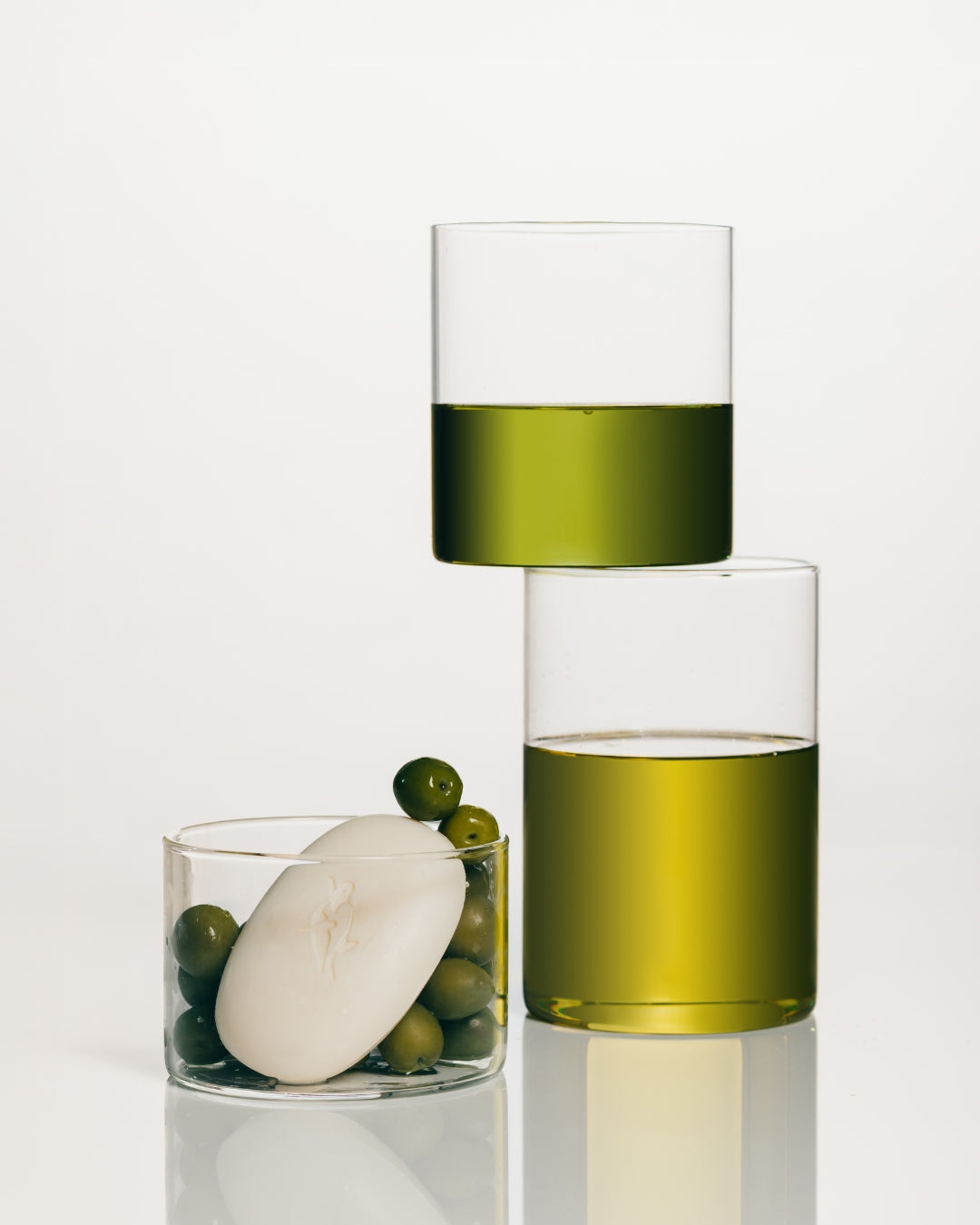Here at Pure Planet Club, it’s our mission to not only save our forests, but to protect our wildlife, waterways and oceans too. And while there’s a lot of work to be done when it comes to protecting the planet and our seas, it’s exciting and encouraging to see so much progress being made. Here are five good news stories about our beautiful oceans and their inhabitants, to give us all hope for the future.
Humpback whales no longer endangered -
According to Australian officials, humpback whales are no longer considered to be endangered. Since Australia passed an anti-whaling policy in 1979, there are now 40,000 individual humpback whales in the wild. This is a huge leap forward from the height of the commercial whaling industry, when only 1500 humpback whales were left alive.
“Our removal of the humpback from the threatened species list is based on science and sends a clear signal about what can be achieved through coordinated action,” Australian environment minister, Sussan Ley, told The Guardian newspaper. “It is a message of hope for the welfare of a number of species.”
 Michael Smith ITWP via Shutterstock
Michael Smith ITWP via Shutterstock
New illuminated fishing nets save endangered marine life -
A new study found that using LED lights on fishing nets will prevent endangered species such as sharks, sea turtles and rays from getting caught. The study found that bycatch - the unwanted fish and marine life caught by commercial fishing - was down by 63 per cent when glowing nets were used. There was a 95 per cent reduction in sharks, skates and rays caught in the glowing nets.
Additionally, the study found no significant reduction in the amount of targeted fish caught. But why the LED lights work so well on some species like sharks remains a mystery.
“The honest answer is: we don't know," said Jesse Senko, a marine conservation biologist at Arizona State University, who conducted the study. "We assume that it's probably some type of warning or deterrent for the animal.”
California adopts microplastics reduction policy -
California is the first US state to adopt a comprehensive microplastics reduction policy in response to the growing plastics pollution issue. Part of the California government’s Ocean Protection Council strategy includes educating the public and industries about microplastics sources, impacts and solutions. The state is also developing plans to eliminate microplastics from entering its waters, in a multi-pronged approach to the issue.
This is just another step forward for California’s actions on plastic pollution. The state has also taken other steps in reducing plastic waste, including banning single-use plastic bags and microplastic beads.
 chayanuphol via Shutterstock
chayanuphol via Shutterstock
Hundreds of molecules explain the ‘taste” and ‘smell’ of coral reefs -
Studies have shown that damaged corals might emit chemicals which can drive away young corals and fish, which will lessen the likelihood that future marine migrants will settle down on these reefs. The chemoreceptor cells in corals can detect gaseous molecules that are floating around in the water – it’s the way they can taste and smell. However, scientists can use this information to their advantage, because this ‘cocktail of chemicals’ will be able to help researchers understand any unseen stresses of the reefs and also help them diagnose the health of the reef.
In the future, the research team plans to look at what else the molecules get up to while floating around reefs. Which disappear rapidly? Which build up in the water? Are some taken up directly by other species? These answers could help bring scientists closer to preserving our coral reefs and oceans.
Indigenous group saves sea turtles in Mexico’s Gulf of California -
In El Desemboque de los Seris, the Sea Turtle Group of the Comcáac people are helping to protect the sea turtle population. In five years, the group has released over 8000 olive ridley sea turtle hatching along Mancha Blanca and El Faro beaches. This turtle is no longer considered endangered and now holds a vulnerable status thanks to the work of the community.
 Tory Kallman via Shutterstock
Tory Kallman via Shutterstock
At Pure Planet Club we only stock plastic-free products. You can purchase a box of 36 rolls of our tree-free bamboo toilet paper as one-off option, or you can also set up a handy subscription so your environmentally friendly eco toilet paper is delivered directly to your doorstep – plus you’ll get 10% off each carton. Just set and forget, all from the comfort of your home. We are always adding new products to our range too so watch this space and sign up for our newsletter to be first in the know.




